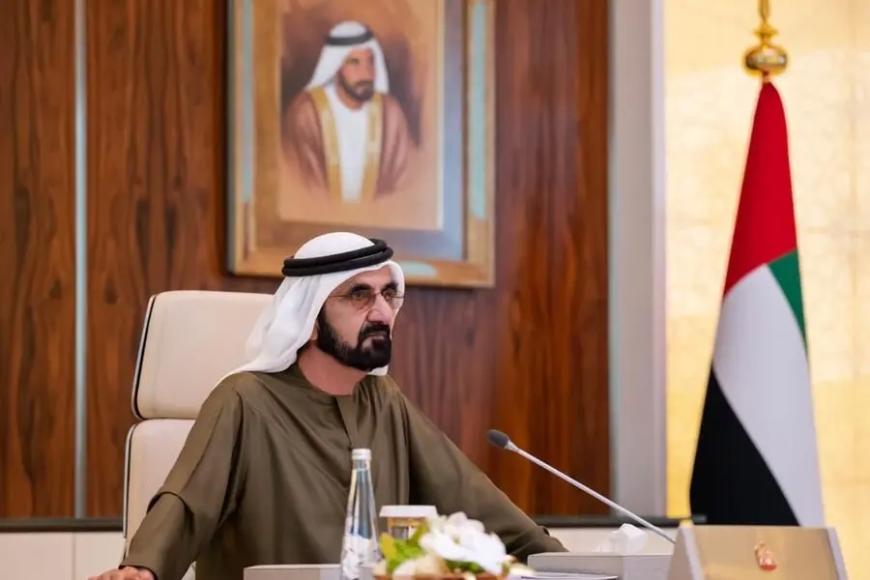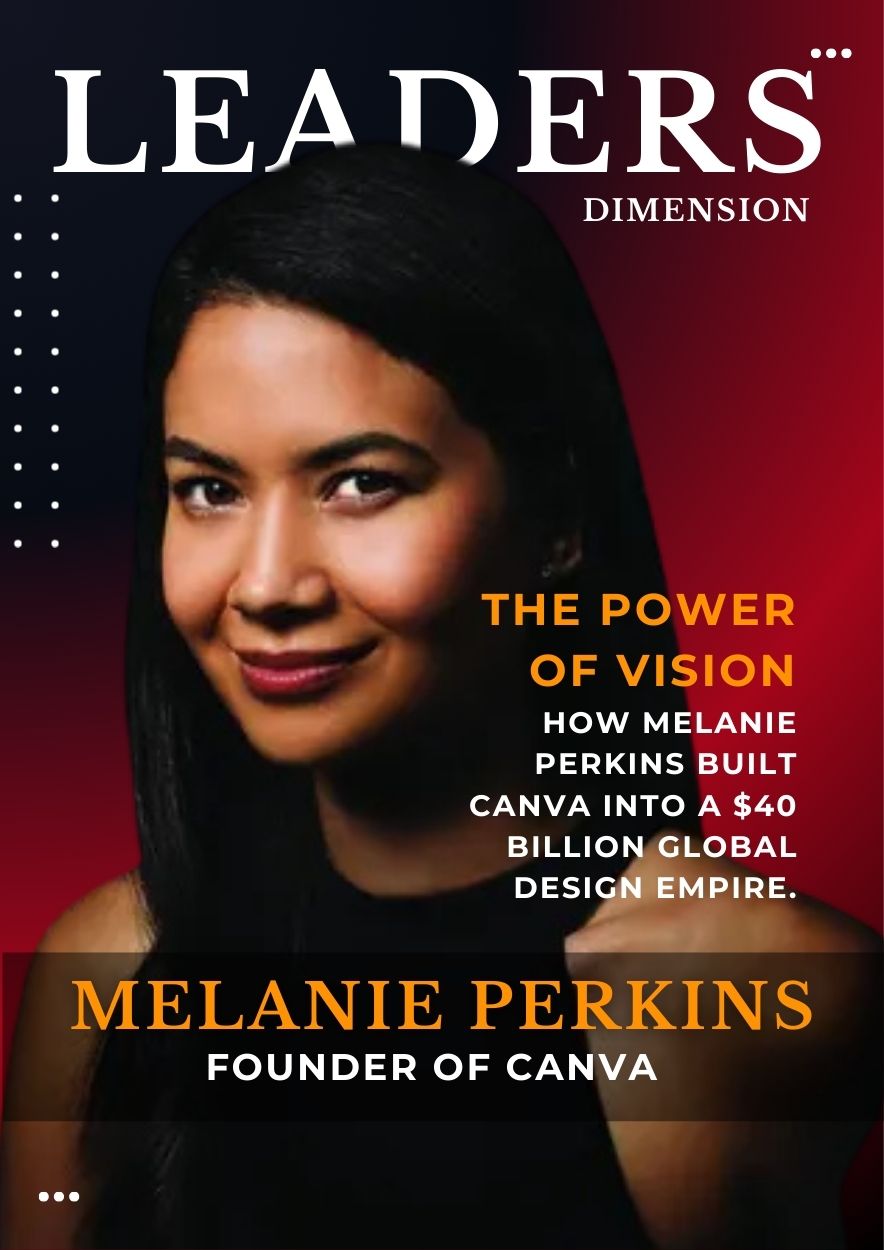UAE sets out 2025 plan to promote family unit, Emirati identity and AI
Sheikh Mohammed's action plan and the outcomes of the Cabinet meeting reflect the UAE's forward-looking vision, focusing on national identity, technological advancement, and economic resilience.

Sheikh Mohammed bin Rashid, Prime Minister and Ruler of Dubai, has outlined an ambitious nationwide action plan for 2025, focusing on three critical areas: strengthening the family unit, promoting Emirati identity, and advancing artificial intelligence (AI). These priorities will be central to discussions at the UAE government's annual meeting in Abu Dhabi, scheduled for November 4 and 5.
During the latest UAE Cabinet meeting held at Qasr Al Watan, Sheikh Mohammed emphasized the importance of collective efforts from "all parties" to shape and implement strategies in these sectors for the upcoming year. This call for collaboration reflects his vision of inclusive governance and a unified approach to addressing national priorities.
Sheikh Mohammed also praised the successful execution of back-to-school plans, highlighting the smooth return of over a million students to classrooms. He commended the UAE's robust post-COVID-19 economic recovery, noting significant global economic growth and the country's proactive measures to combat financial crimes. This meeting marked the first ministerial gathering since the summer break, providing an opportunity to review the nation's progress and set future goals.
In his address, Sheikh Mohammed approved financial statistics revealing that the UAE government generated revenue of Dh546 billion in 2023, with expenditures amounting to Dh402 billion. The government's primary spending areas included public security and safety, health, education, economic affairs, social protection, housing, and utilities. Sheikh Mohammed underscored that the UAE's resources continue to grow, benefiting both its people and the broader economy.
A significant achievement highlighted by Sheikh Mohammed was the surge in the number of companies operating in the UAE. By mid-2023, over a million companies were operating in the Emirates, compared to 405,000 in the first half of 2020, marking a remarkable 152 percent increase. This growth underscores the UAE's attractiveness as a global business hub, even amid challenging times.
The UAE's economic performance has been impressive, with the country ranked fifth globally in terms of gross domestic product (GDP) growth. The nation also attracted a record Dh112 billion in direct foreign investment, positioning the UAE second only to the United States in overseas investment projects.
To further strengthen the financial sector, the Cabinet adopted the National Strategy for Combating Money Laundering, Terrorism Financing, and Arms Proliferation. This policy aims to enhance the monitoring of financial institutions and virtual asset providers, ensuring the integrity of the UAE's financial system.
In addition, the ministers approved the restructuring of the Supreme Committee for Free Trade Negotiations, with the Minister of Economy at the helm. The UAE also joined the Nationally Determined Contributions Partnership, an international alliance focused on promoting sustainable development goals and supporting climate change adaptation measures. This move aligns with the UAE's commitment to environmental sustainability and global cooperation.
Sheikh Mohammed's action plan and the outcomes of the Cabinet meeting reflect the UAE's forward-looking vision, focusing on national identity, technological advancement, and economic resilience. As the country continues to navigate the complexities of the modern world, these strategies will play a crucial role in shaping a prosperous and sustainable future for the UAE and its people.

